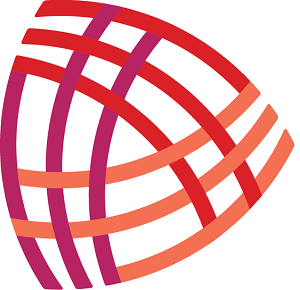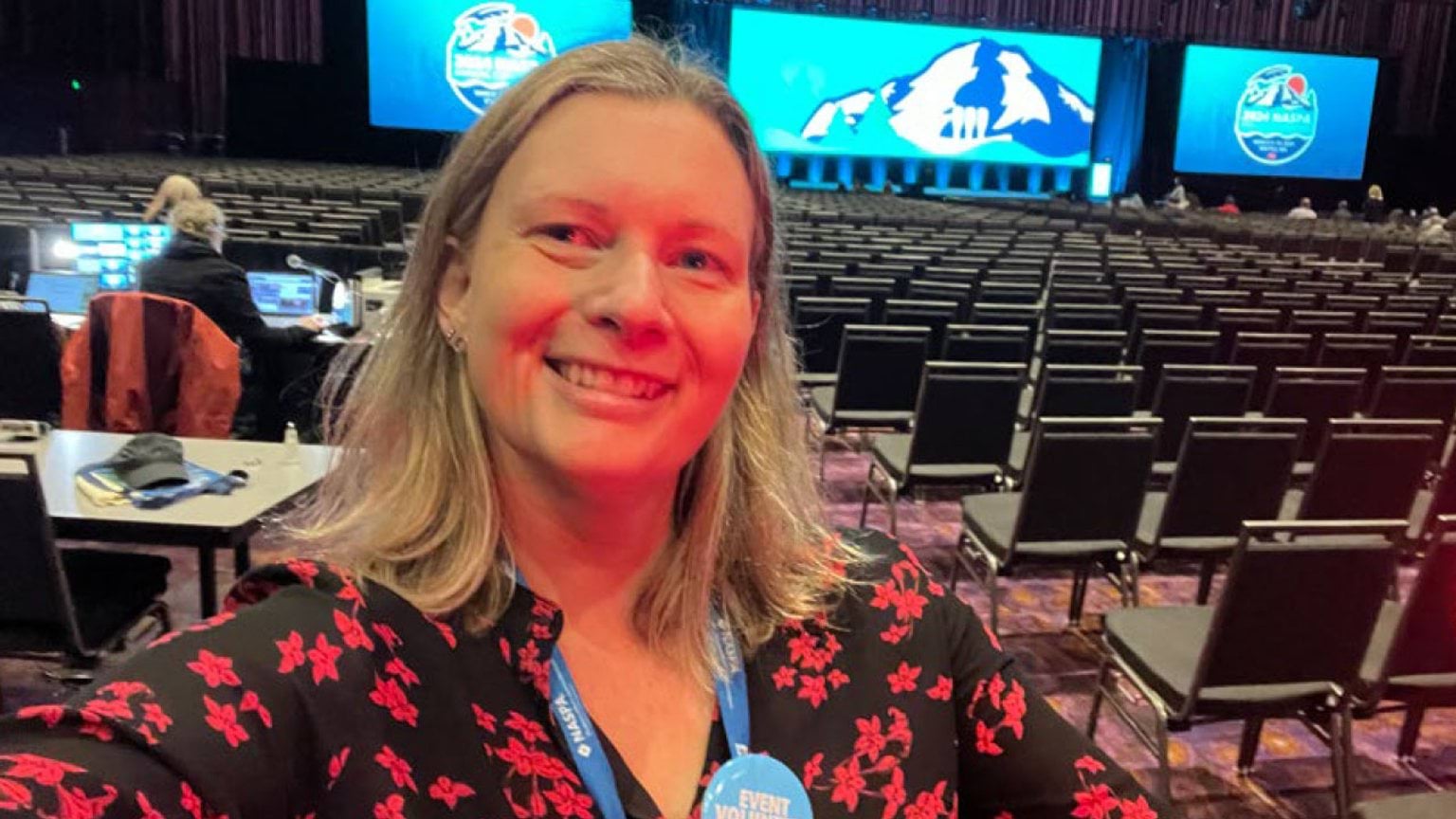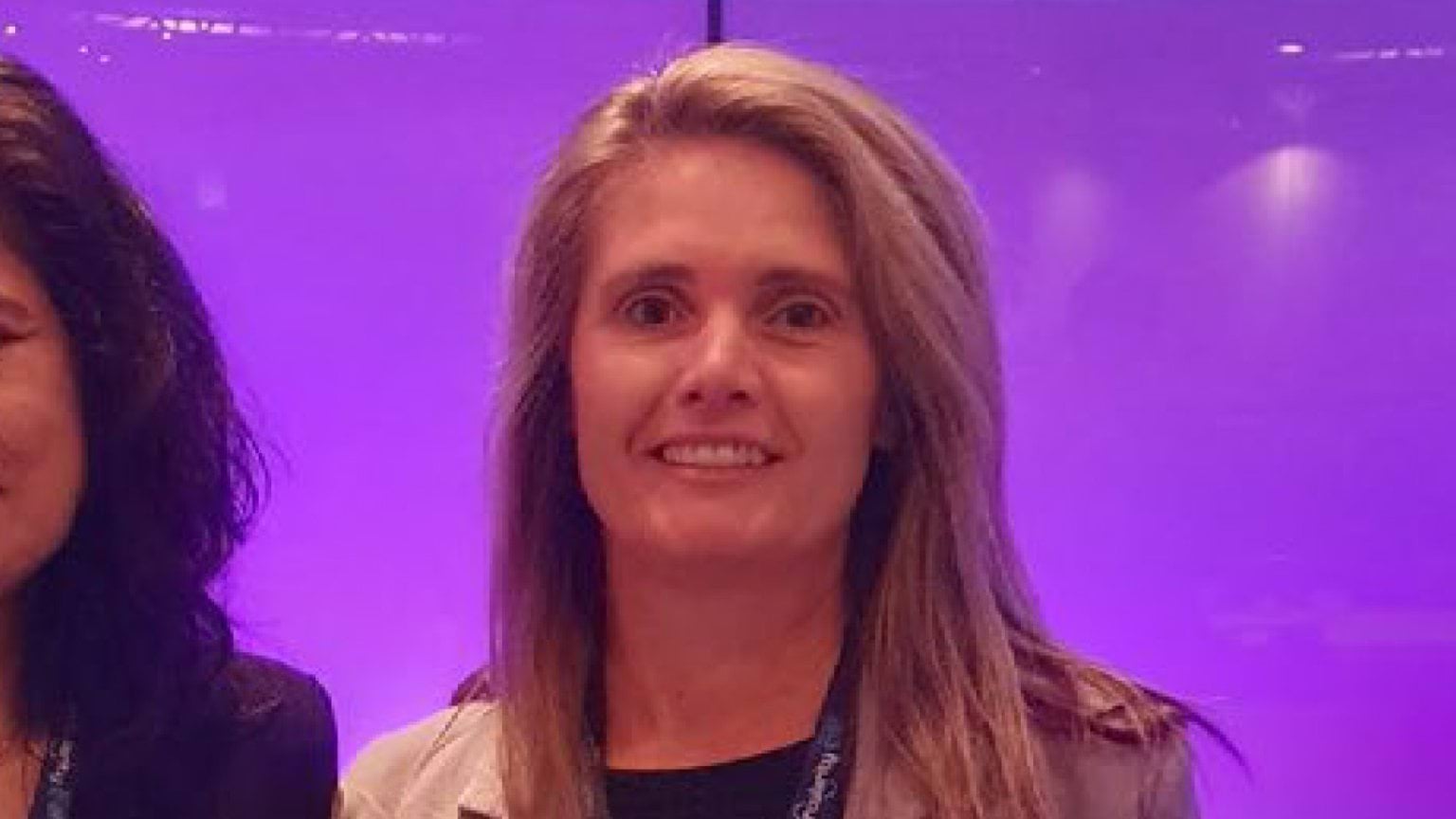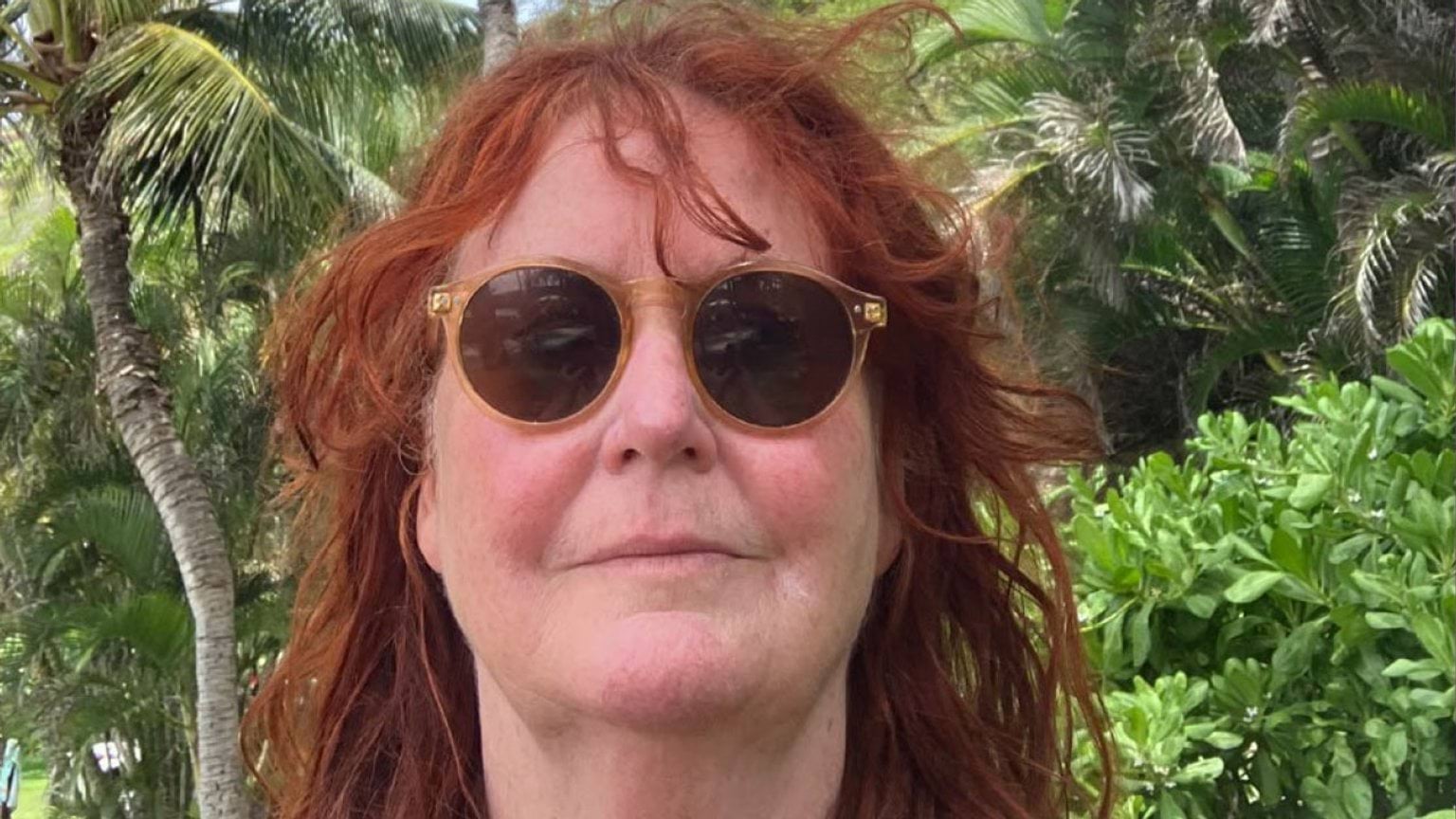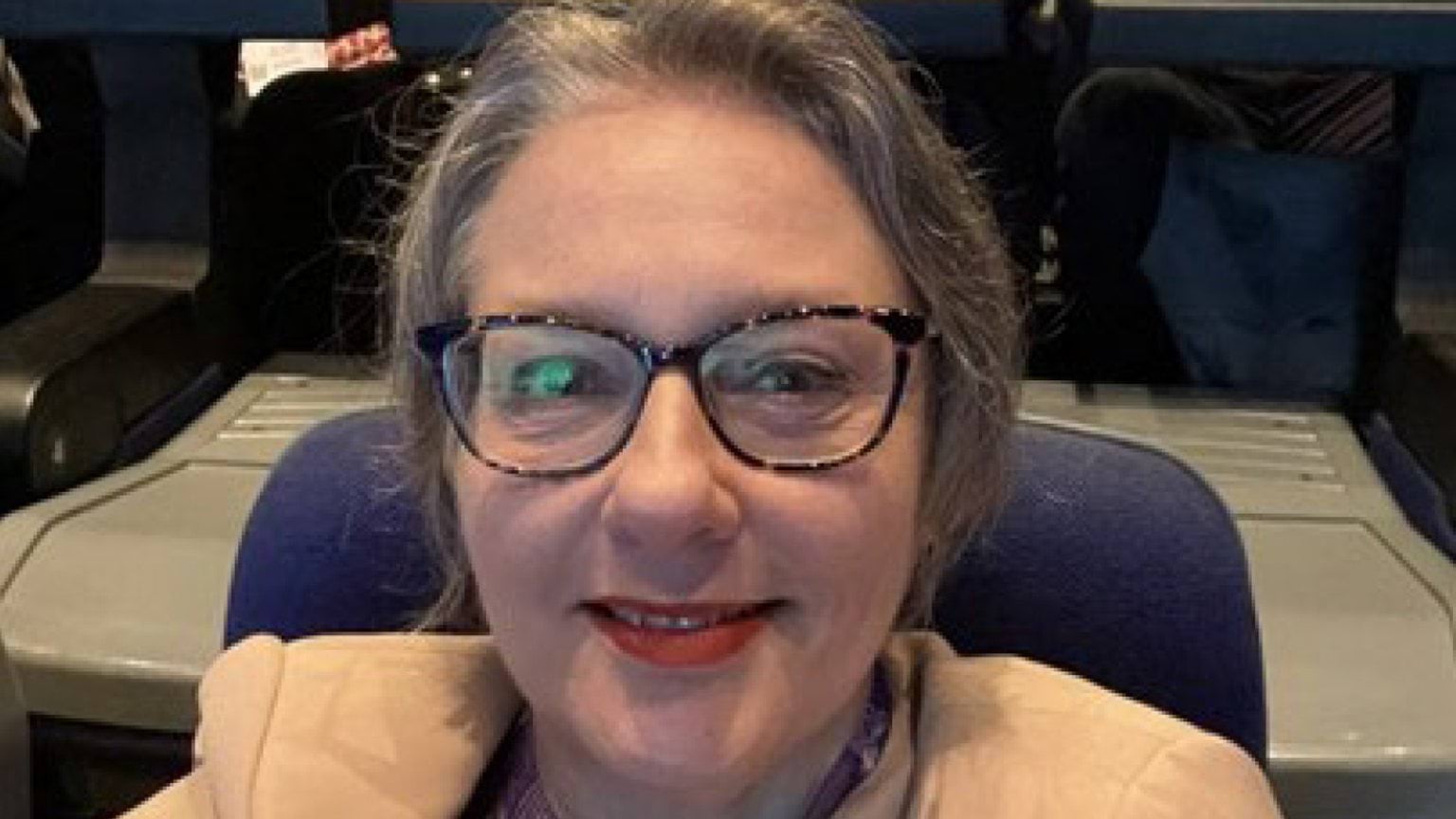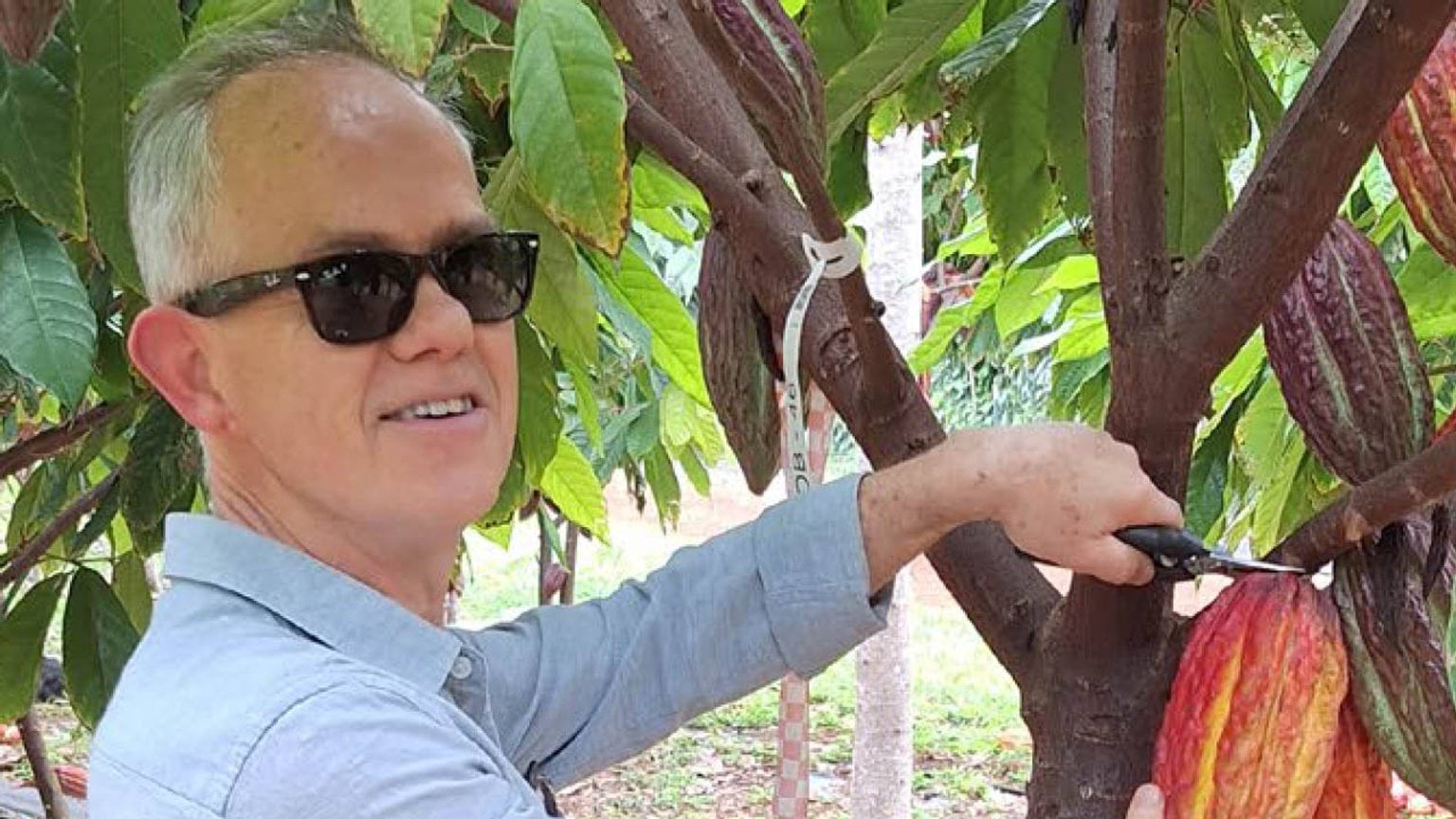The Victorian Skills Authority (VSA) works in partnership with the International Specialised Skills (opens in a new window)(ISS) Institute to fund the International VET practitioner fellowships program.
The program provides eligible vocational education and training (VET) applicants, with the opportunity to undertake applied research in an international context. It enables VET practitioners to generate actionable knowledge and develop innovative practices that are applicable in their chosen professional field.
The program has been in operation since 1999 and supports the priorities of the Victorian Government’s Skills First(opens in a new window) program. These include:
- building workers’ capacity and capability
- listening to and addressing industry needs in training
- developing innovative training practices
- supporting participation and diversity in the VET sector.
Applications
Fellowship research and reports
At the conclusion of their applied research activity, fellows produce a research report and undertake a range of dissemination activities within their own networks and across the sector. These research reports cover a diverse range of topics and utilise a range of applied research methodologies.
Below is a selection of the most recent reports, or visit the ISS Institute to view all reports(opens in a new window) and meet the current cohort of VSA fellows(opens in a new window).
For more information
If you have any questions about the fellowship program, contact the ISS Institute(opens in a new window) on 03 9347 4583 or email info@issinstitute.org.au(opens in a new window)
Disclaimer: The Victorian Skills Authority (VSA) provides financial support to the International Specialised Skills (ISS) Institute under a grant agreement to support ISS Institute fellows’ research activities. Although the VSA has provided financial support for this research, the research produced is not a statement of Victorian Government policy. The Victorian Government provides no endorsement of the research’s content, findings or conclusions. By sharing this research, VSA makes no representation about the Victorian Government’s intention to implement any conclusions or findings identified in the research.
Updated

